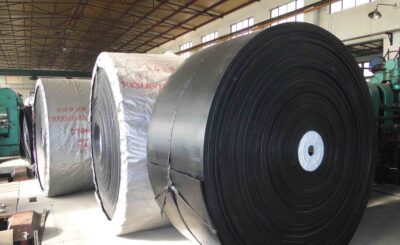Receiving a Complete Response Letter (CRL) from the FDA can be a challenging moment for any pharmaceutical or biotechnology company. However, rather than viewing it as a setback, companies should treat it as an opportunity for growth and improvement. CRLs offer constructive feedback on deficiencies that need to be addressed for product approval. With the help of a regulatory consultant, organizations can navigate this process more effectively and strategically.
Analyzing FDA Feedback
A CRL typically outlines areas where a submission falls short of the FDA’s requirements. These deficiencies can range from missing data to concerns about safety, efficacy, or manufacturing processes. Engaging a regulatory consultant experienced in handling CRLs can be invaluable in interpreting this feedback accurately.
The first step in responding to a CRL is understanding its contents thoroughly. Consultants provide expertise in breaking down the feedback into actionable insights, helping companies prioritize tasks and identify the best path forward.
Conducting Gap Analysis
An essential strategy for addressing a CRL is conducting a gap analysis. This involves comparing the current submission data to the requirements outlined in the CRL. The goal is to pinpoint where deficiencies exist and determine what additional studies, data, or documentation are needed to fill those gaps.
A skilled regulatory consultant for complete response letters not only identifies these gaps but also formulates a clear plan to address them. This ensures that the next submission aligns with the FDA’s expectations and reduces the likelihood of further delays.
Effective Communication Strategies
Effective communication is critical when responding to the FDA. Regulatory consultants assist in crafting responses that are clear, concise, and well-supported by evidence. These responses should directly address each deficiency highlighted in the CRL, providing detailed explanations of how concerns have been resolved or will be addressed.
Consultants also help ensure that communications with the FDA remain professional and collaborative. Maintaining a positive relationship with regulators can facilitate smoother interactions and foster a better understanding of expectations moving forward.
Comprehensive Response Preparation
Preparing a comprehensive and cohesive response is crucial for resubmission success. This includes submitting additional data, conducting supplementary studies, or providing updated analyses to demonstrate compliance with FDA standards.
Regulatory consultants play a vital role in drafting these responses, ensuring they are well-organized, scientifically robust, and supported by sufficient evidence. By addressing each point raised in the CRL thoroughly, organizations can build a strong case for product approval.
Conclusion
Receiving an FDA Complete Response Letter is not a failure but an opportunity to refine and strengthen a product’s case for approval. By engaging a regulatory consultant, companies gain access to expertise and strategic insights that streamline the response process. Through careful analysis, effective communication, and comprehensive preparation, organizations can address deficiencies and move closer to achieving their goal of bringing innovative treatments to market.








